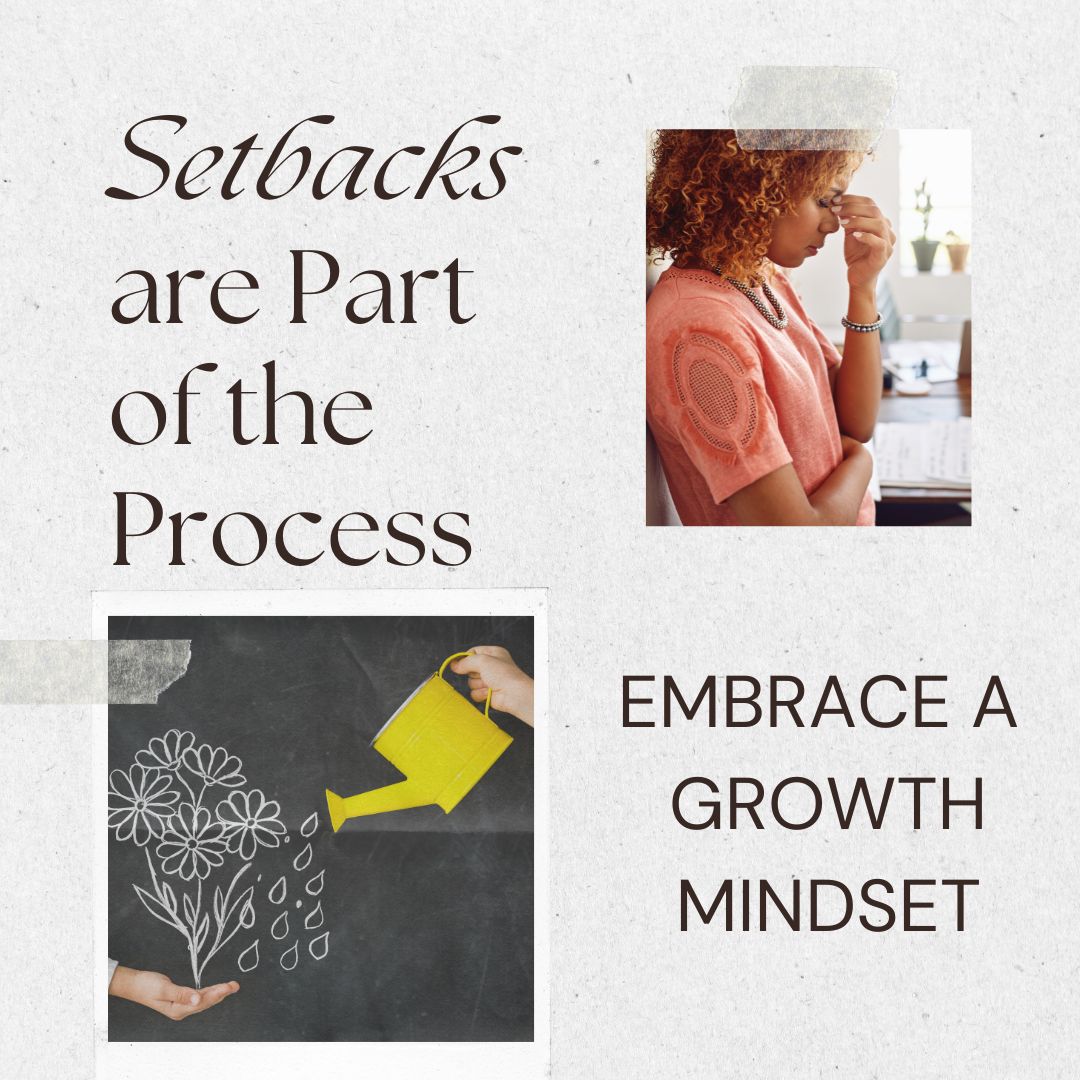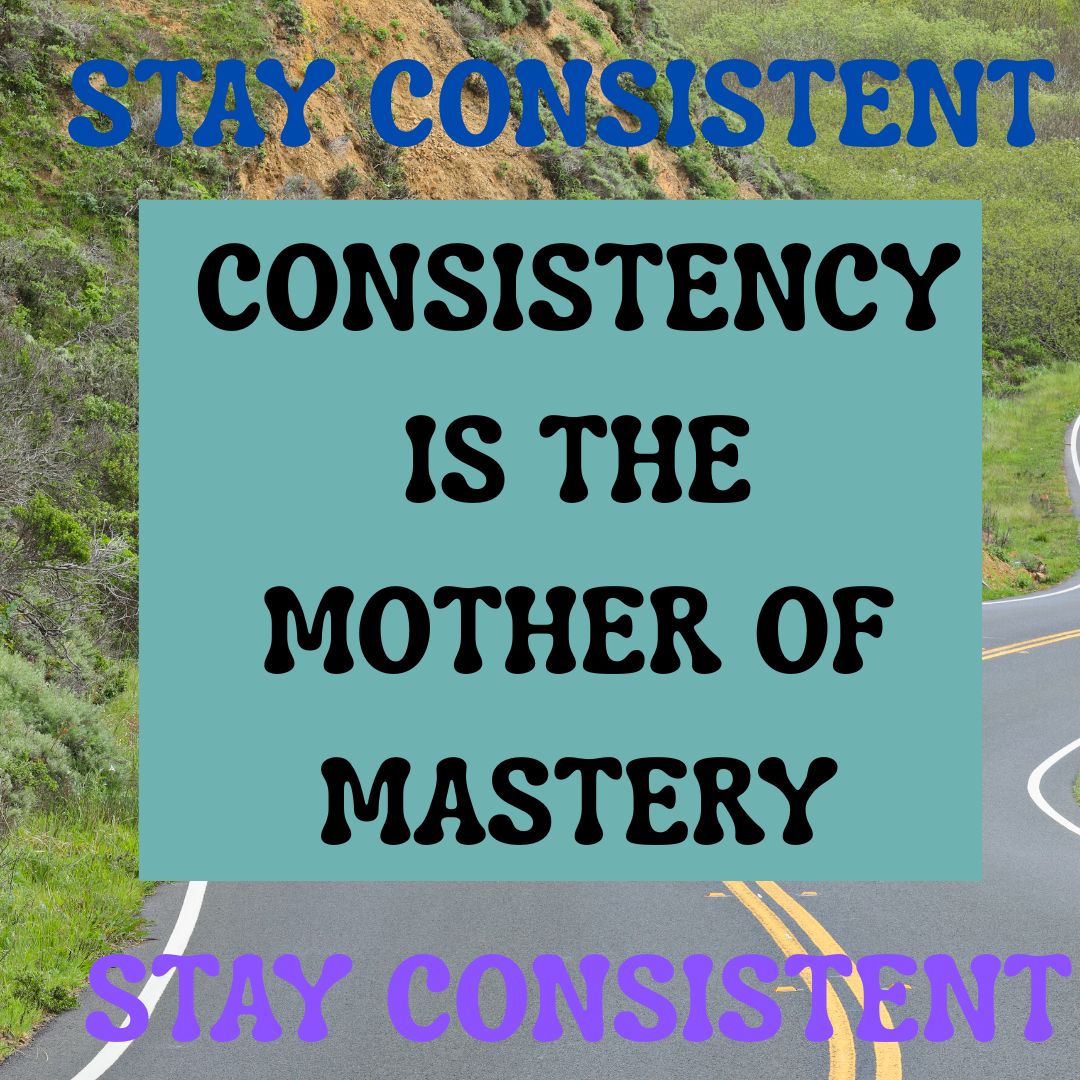Breaking Free From the “I Am Not Good Enough” Belief
“Your problem is you’re too busy holding onto your unworthiness.” – Ram Dass
The belief that “I am not good enough” is like wearing glasses with tinted lenses—everything you see is filtered through that belief. So, when you make a mistake, it may feel catastrophic, even if it’s something small or insignificant. When you don’t get the recognition you think you deserve, your mind automatically jumps to conclusions: “I’m not worthy,” “I’m not capable,” or “People don’t value me.” Our brains start weaving a narrative of failure, shame, and self-doubt, even in situations where there’s no reason to feel this way. These beliefs lead to anxiety, erode self-confidence, and keep us trapped in negative thought cycles.
As children, we’re like sponges, absorbing messages and experiences that shape our sense of self. These early interactions, both positive and negative, form the foundation of how we view ourselves and the world. Unfortunately, for many, early experiences plant the seeds of negative core beliefs that linger into adulthood. One of the most pervasive and damaging of these beliefs is the idea that “I am not good enough.”
Rewriting the Story
“You are more, so much more than the love that wasn’t enough.” – Lauren M. Garcia
Here’s the good news: healing from this deeply rooted belief is possible. The path to healing begins with understanding the origin of these negative beliefs. By tracing the “I am not good enough” belief back to early experiences, you can begin to see it for what it is—not an inherent truth about you, but a defense mechanism or coping strategy that helped you survive difficult circumstances.
Healing involves recognizing that you were not at fault for the messages or treatment you received, and learning to separate your identity from the negative things you were told.
Replacing Your Inner Critic with an Inner Cheerleader
“You are enough. You are so enough, it is unbelievable how enough you are.” — Sierra Boggess
One of the most powerful ways to heal and move forward is to transform your inner dialogue. The harsh, judgmental inner critic that tells you “you’re not good enough” needs to be replaced with a voice of encouragement and support. This doesn’t mean ignoring your mistakes or avoiding self-improvement, but rather learning to treat yourself with kindness and understanding.
Here are some strategies for shifting from an inner critic to an inner cheerleader:
- Recognize and Challenge Negative Thoughts: When you hear that familiar voice of self-doubt, pause and question its validity. Is it based on facts or assumptions? Would you say the same thing to a friend? Practice shifting the narrative to a more supportive and realistic perspective.
- Practice Mindfulness: Mindfulness helps you stay present and aware of your thoughts without getting overwhelmed by them. By observing your thoughts without judgment, you can begin to detach from negative beliefs and cultivate a more balanced and realistic view of yourself.
- Celebrate Your Wins: Don’t minimize your achievements. Take time to celebrate the small victories and acknowledge the effort and growth behind them. Focusing on what’s right, rather than what’s wrong, helps you feel more positive about yourself.
- Step Out of Your Comfort Zone: Confidence grows when we push ourselves beyond our comfort zones. Start taking small risks that help you face your fears and prove to yourself that you are capable.
- Use Your Mantras: Create and find mantras that are meaningful to you!
Mantras to Try:
- I am enough, just as I am.
- I can do hard things.
- I am worthy of love, happiness, and success.
- I trust my intuition and make the best decisions for myself.
- I accept myself, flaws and all, and embrace my journey.
“You are enough. You have nothing to prove to anybody.” — Maya Angelou
“You’re allowed to assert your needs and take up space. You’re allowed to hold onto the truth that who you are is exactly enough.” — Daniell Koepke


